Keywords: Jesuit Refugee Services
There are more than 24 results, only the first 24 are displayed here.
Become a subscriber for more search results.
-

RELIGION
- Andrew Hamilton
- 27 March 2024
1 Comment
Palm Sunday stands at the intersection of the world of justice and goodness and the brutal political realities in human societies. It mocks the pretensions of power that considers only the expediency of actions and not the human reality of the people affected by them. At that intersection today, refugees lie in the centre.
READ MORE 
-

AUSTRALIA
- Andrew Hamilton
- 29 February 2024
In our more routine lives, most of us have people and groups whom we ignore, we instinctively look down on and we keep away from and people whose beliefs we scorn. We need to be attentive to the people who are commonly regarded as second-class citizens.
READ MORE
-

AUSTRALIA
- Andrew Hamilton
- 22 February 2024
If the treatment of persons is unethical, it will inevitably lead to ethical corruption in the people and the institutions involved in administering it. It is almost impossible to participate in a policy based on such unethical premises without being complicit in it. If we do, we become blinded to what we owe one another by virtue of being human.
READ MORE
-
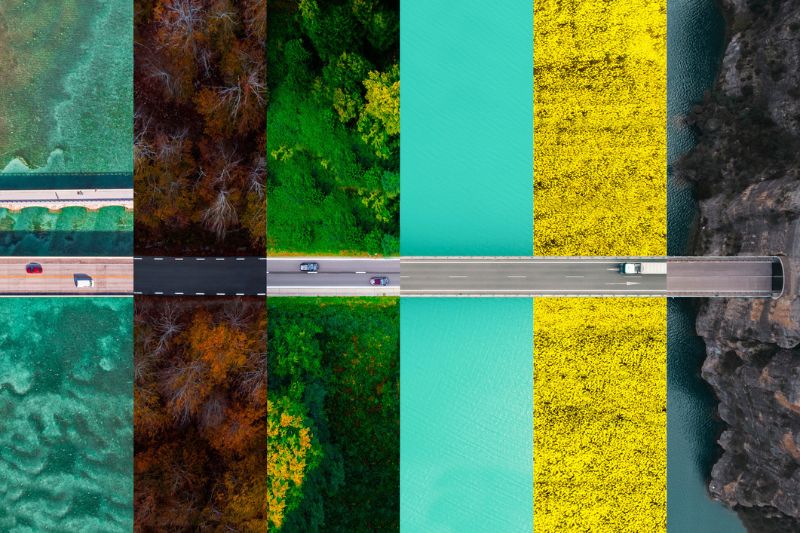
AUSTRALIA
- Andrew Hamilton
- 31 January 2024
4 Comments
What links the debate about the conduct of the war between Israel and Hamas in Gaza, the detention of children in a crowded and under-resourced Cairns watch house, and British legislation to send asylum seekers to Rwanda?
READ MORE
-
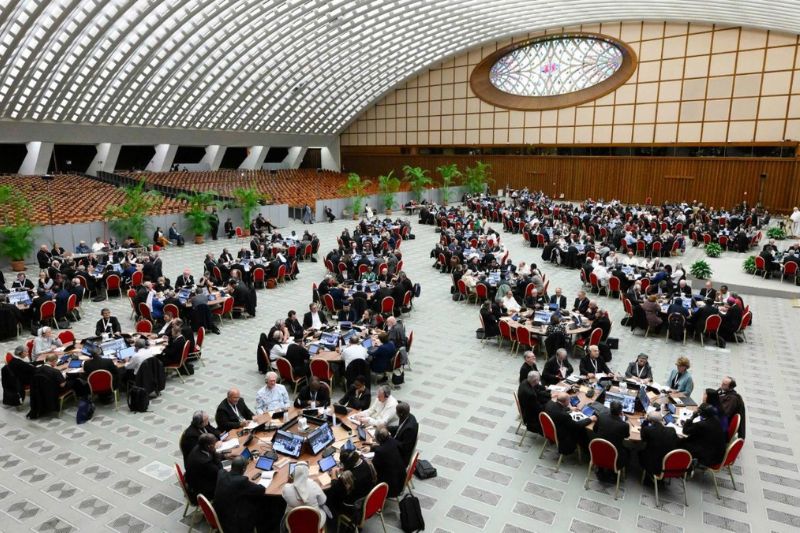
RELIGION
- Bill Uren
- 12 December 2023
2 Comments
The Synod on Synodality raised possible Church reforms like expanding communion to non-Catholics in interchurch marriages and reevaluating the stance on divorced and remarried members. This raises the question: Can the Church reconcile longstanding traditions with emerging calls for inclusivity and ecumenical openness?
READ MORE
-
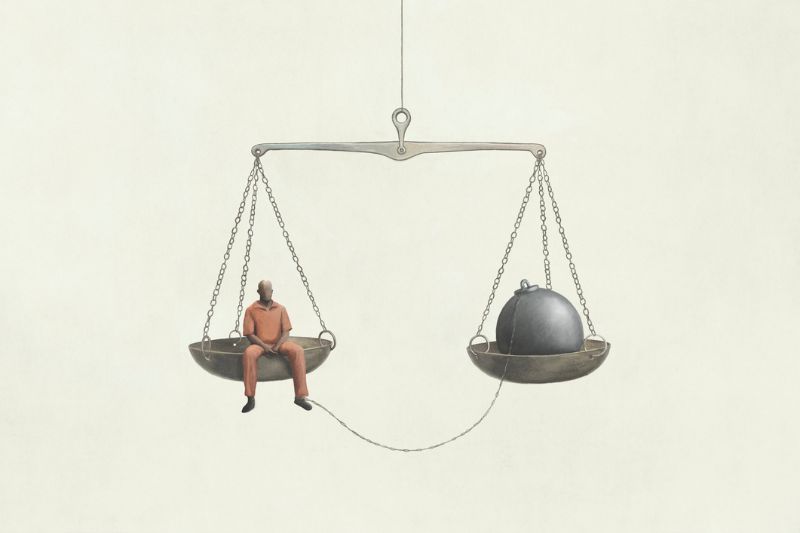
AUSTRALIA
- Andrew Hamilton
- 30 November 2023
8 Comments
Any legislation hastily designed to negate the effect of the High Court decisions will be vulnerable again to be struck down on judicial appeal. That haste suggests an initial disregard for human rights and the rule of law by Governments and an ingrained resistance to any limitation of its power. Vindictive laws come at a heavy cost to the integrity and reputation of the lawmakers.
READ MORE
-

AUSTRALIA
- Andrew Hamilton
- 21 September 2023
In a better world, people who seek protection in Australia and people removed from prison would not be detained in the same detention centres. But the grounds for differential treatment are not based on the difference between guilty and innocent people; between asylum seekers and 'hardened criminals'. Both groups are worthy of respect and compassion.
READ MORE
-
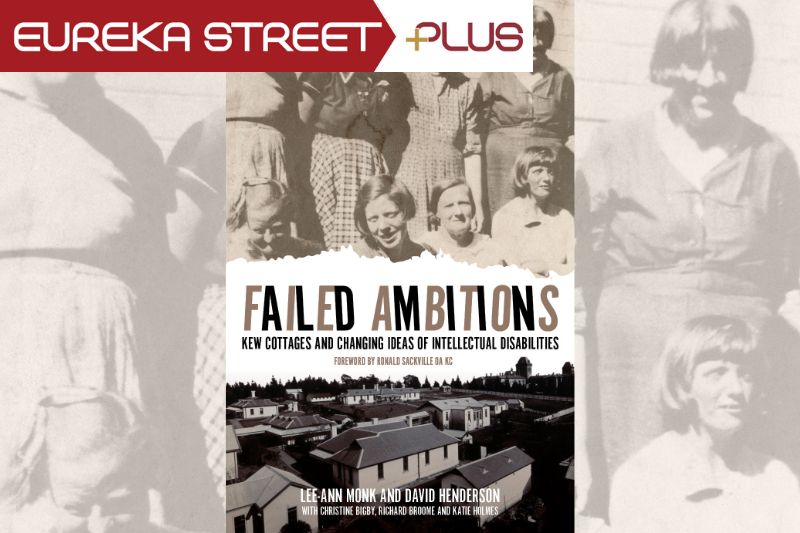
ARTS AND CULTURE
- Andrew Hamilton
- 25 August 2023
1 Comment
Failed Ambitions offers a complex exploration into the history of institutions for individuals with mental illnesses and intellectual disabilities. The book addresses the evolution of attitudes towards these communities, highlighting ongoing struggles with public stigma, systemic neglect, and the importance of giving voice to marginalised individuals.
READ MORE 
-
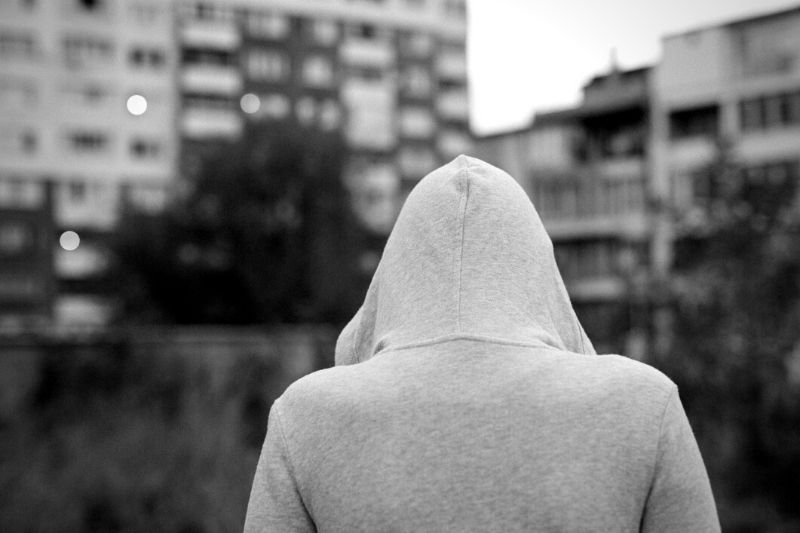
AUSTRALIA
- Andrew Hamilton
- 27 July 2023
6 Comments
In a society quick to categorize children as either good or bad, reform efforts seem caught in a cyclical battle. Children often fall victim to these broad definitions, especially those from disadvantaged groups. What factors cause these cycles of progress and relapse, and how can lasting reform be achieved?
READ MORE
-
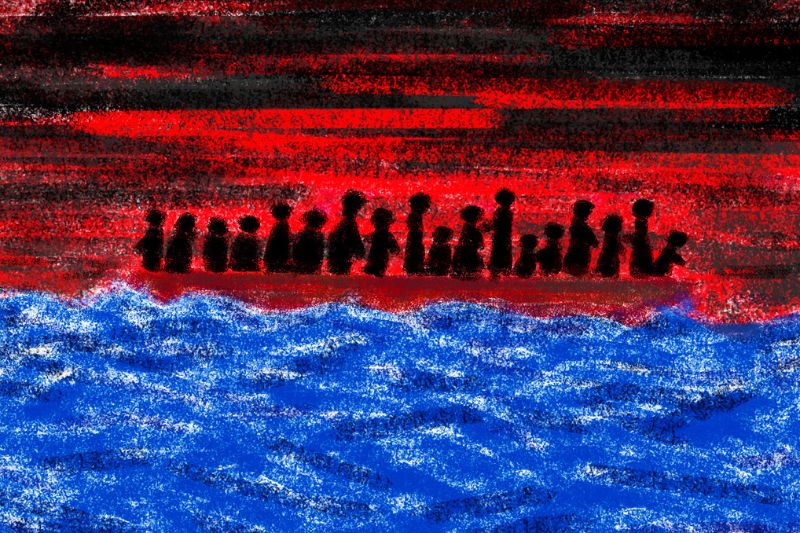
AUSTRALIA
- Andrew Hamilton
- 20 June 2023
5 Comments
Observing World Refugee Week and the Referendum on the Voice to Parliament together is appropriate because the First Peoples and later refugees have suffered in similar ways. Jordana Silverstein's latest book draws striking parallels between Australia's colonial past and the modern treatment of refugee children.
READ MORE
-

RELIGION
- Andrew Hamilton
- 03 April 2023
6 Comments
Easter is a story of unlikely victory, which underlies the hope that inspires Christians to link the Palm Sunday March to the plight of refugees and to walk with them. This hope acknowledges the power of evil in the world which drives people out of their country, yet it refuses to be intimidated by such evil or to allow it to pass unchallenged.
READ MORE
-

AUSTRALIA
- Andrew Hamilton
- 23 February 2023
8 Comments
The Robodebt Scheme's Royal Commission revealed ethical insensitivity and a disregard for the rule of law by administrators. Suicides of vulnerable people were ignored in the quest for revenue, which may indicate a more extensive corruption of government and administration.
READ MORE